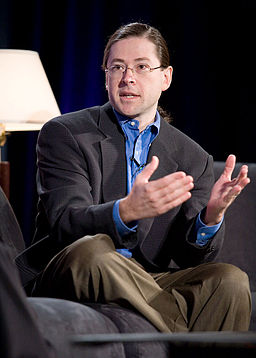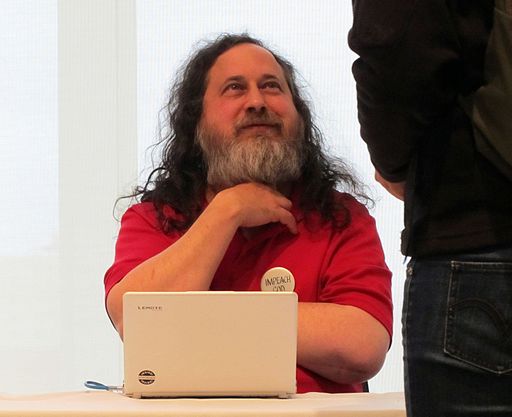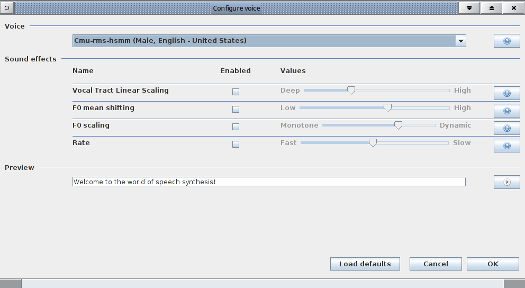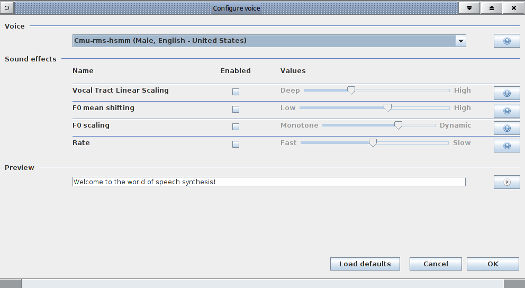FOSS Week in Review
Also, eight new distro releases, CoreOS raises another $28 million, Mint drops codecs and the women of open source.
The most reported FOSS story this week was the beginning of the court fight instigated by Oracle against Google over Android’s Java implementation. Most interesting as the proceedings get going are the once familiar names that are now back in the news.
So far, we’ve heard from Jonathan Schwartz, pretty much a good guy who you might remember replaced Scott McNealy as CEO at Sun Microsystems in April 2006 and was on hand to pass the keys of the kingdom on to Oracle in 2010 after the company was brought down by the so-called Great Recession.
Christine Hall has been a journalist since 1971. In 2001, she began writing a weekly consumer computer column and started covering Linux and FOSS in 2002 after making the switch to GNU/Linux. Follow her on Twitter: @BrideOfLinux






 This isn’t the first time they’ve done this. Last year they handed out $125,000 to five projects — meaning that this year they’ve nearly doubled down on their bet. Last year’s donations included money going to the Electronic Frontier Foundations Privacy Badger — a browser add-on that stops advertisers and other trackers from following users — and Girl Develop It for its Open Source Mentorship program.
This isn’t the first time they’ve done this. Last year they handed out $125,000 to five projects — meaning that this year they’ve nearly doubled down on their bet. Last year’s donations included money going to the Electronic Frontier Foundations Privacy Badger — a browser add-on that stops advertisers and other trackers from following users — and Girl Develop It for its Open Source Mentorship program.


 In a nutshell, the Mozilla Foundation finds that continuing to maintain and development Thunderbird distracts from its current focus of getting Firefox back on track. Thunderbird is a huge project, requiring much in the way of resources, but has a user base that’s been in decline since 2012, as many users are turning away from desktop email clients in favor of web based email services.
In a nutshell, the Mozilla Foundation finds that continuing to maintain and development Thunderbird distracts from its current focus of getting Firefox back on track. Thunderbird is a huge project, requiring much in the way of resources, but has a user base that’s been in decline since 2012, as many users are turning away from desktop email clients in favor of web based email services.


